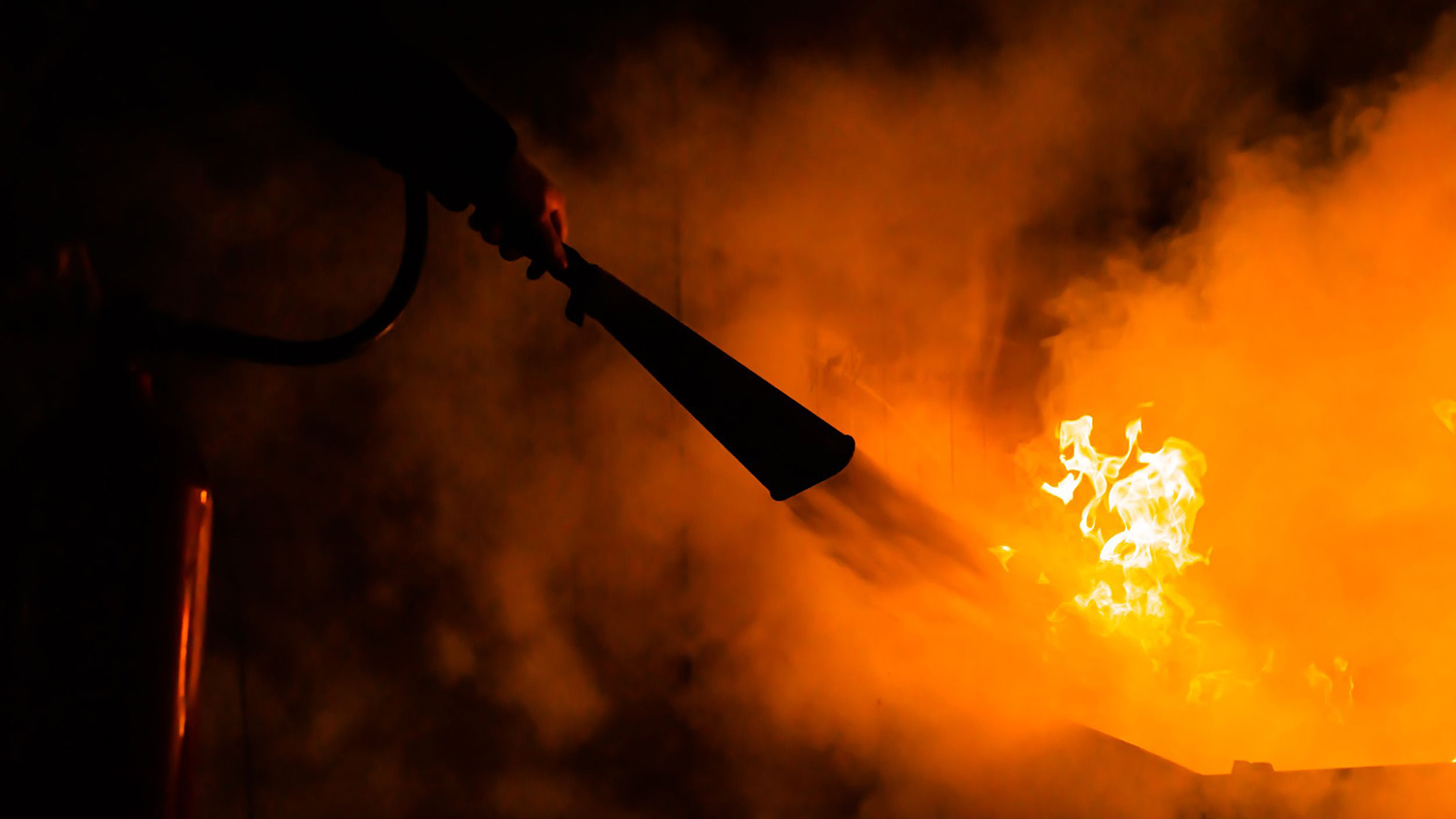A third (32%) of the British public would not report a problem with a fire door according to new research to mark Fire Door Safety Week (31 October to 4 November 2022).
The organisers of Fire Door Safety Week say there is a “clear lack of accountability” over reporting fire door issues, and that lives are being put at risk as a result. Despite 75% of respondents to the survey correctly believing that propping a fire door open stops it performing its role in the event of a fire, 44% wouldn’t take action over a propped open fire door as they wouldn’t know who to report it to, and almost half (49%) do not feel it’s their place or role to report it. Nearly a fifth (18%) said they would be more likely to report fire door safety issues if there were personal repercussions for not doing so, suggesting a need for greater accountability.
Helen Hewitt, CEO of the British Woodworking Federation, which founded Fire Door Safety Week, said:
“There were 243 fire-related fatalities in England in the past 12 months, so individual action really is crucial in preventing tragedies. Fire doors propped open put lives at risk in the unfortunate event of a fire. Without being properly closed, a fire door cannot hold back the spread of fire and smoke to fulfil its life-saving role.”
The research showed that propped open fire doors are a common occurrence, with 10% of respondents having seen a propped open fire door in their place of residence on some occasions and 20% in the workplace. It also identified that the two most common objects used to prop open a fire door are a wedge and a fire extinguisher.
Concerningly, 31% incorrectly believed that a fire door that was propped open with a wedge or a fire extinguisher was safe and 18% didn’t believe a propped open fire door poses a risk to those in the building so wouldn’t take action. Not only was a propped open fire door incorrectly deemed as safe, but 15% believed that keeping a fire door closed stops it performing, highlighting a lack of understanding around the role fire doors play in the event of a fire.
Gavin Tomlinson, National Fire Chiefs Council (NFCC) Chair for Protection and Business Safety said:
“We urge everyone to help keep buildings and their occupants safe and Close the Door on Fire. A fire door can only protect from fire and smoke if it is closed. We ask if people see a fire door propped open, they close it. It’s a simple ask that could save a life. Everyone has a role in ensuring their buildings remain safe from fire, and if you have any concerns, then please ensure these are reported to the building owner or person responsible for the fire safety of that building. If it continues to be a problem or you are concerned about fire doors in a building, you can contact your fire service for advice and support.”
The research also found a lack of understanding over what constitutes a safe fire door. Survey respondents believed that either a fire door is a normal door covered in fire-resistant paint (13%), a fire door is a normal door but with ‘fire door’ signage (13%), or that any timber door is a fire door (7%).
Hewitt added:
“There is clearly still a dangerous lack of understanding and need for education on the role of fire doors. The encouraging news is that when people are better informed about fire doors, they’re more likely to report issues. Half (49%) of respondents said having a better understanding over what fire doors do and how they work would encourage them to take action. To Close the Door on Fire, this year’s Fire Door Safety Week campaign aims to help address the lack of education and accountability around fire doors and reporting. This will be a crucial step in reinforcing the message that a closed fire door can be the difference between life and death and driving positive action to reduce fire-related fatalities.”
You may also be interested in
RELATED CONTENT
RELATED COURSES

The Fire risk assessment course is designed for individuals responsible for managing fire safety in a workplace or building.

The Fire safety course introduces learners to the dangers, controls and responsibilities associated with fire safety.

The Fire warden course provides the knowledge and skills for a fire warden to identify hazards and prevent fires.

Introduction to health and safety gives learners a basic introduction to managing safety in their workplace.

With many changes introduced by the Building Safety Act 2022, implemented in April 2022, there remains some confusion over who’s responsible for what ...

Over 60% of people responsible for fire safety in the workplace believe they “could be doing more to ensure the building is fire safe".

From 23 January 2023, responsible persons will be required to comply with additional responsibilities introduced under the Fire Safety (England) Regul...

The Fire Safety Bill has been introduced as part of the government's commitment to improving building safety.